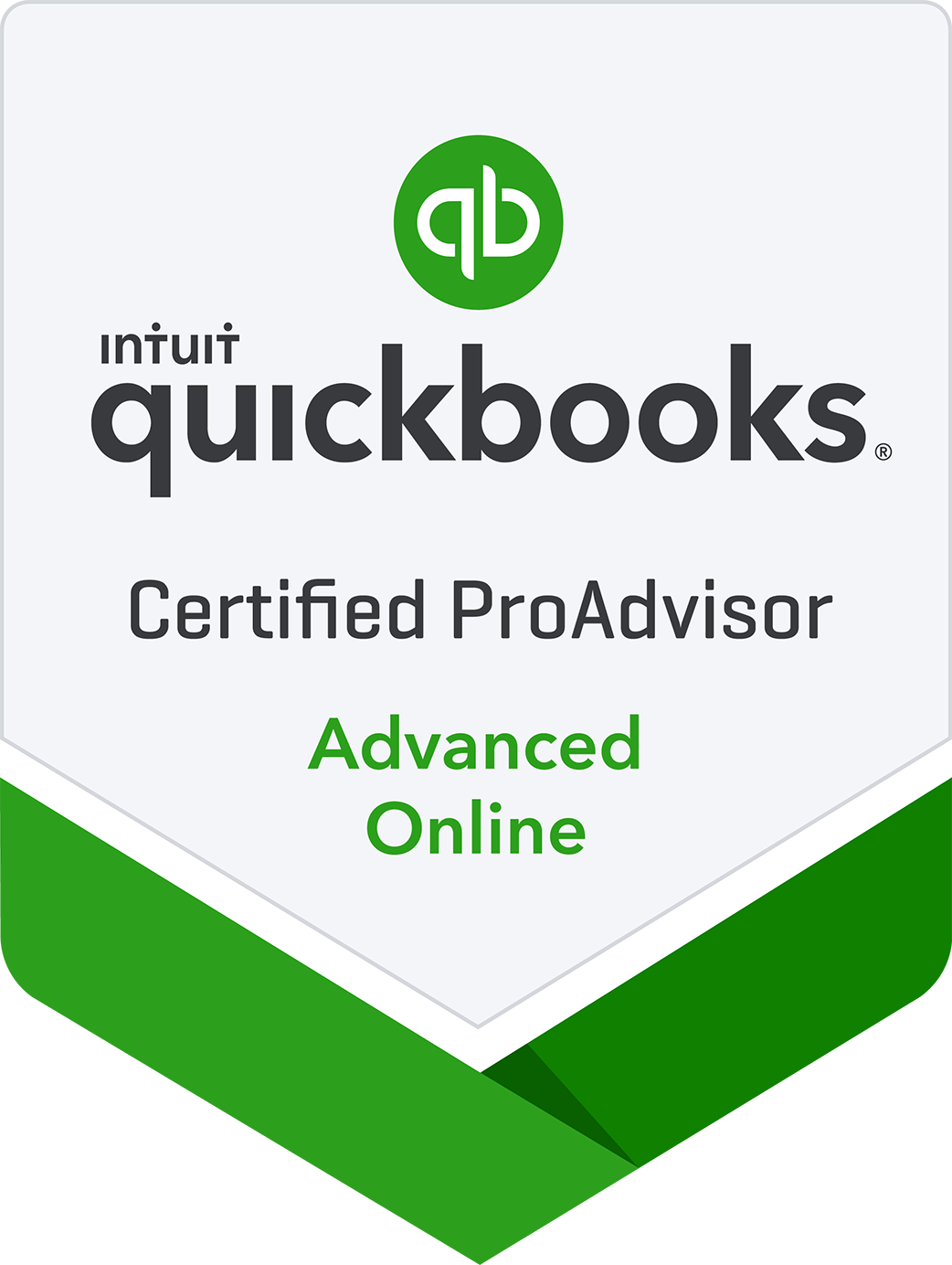Maximizing Profits: How Real Estate Accounting Services Can Help Manage Expenses

Maximizing Profits: How Real Estate Accounting Services Can Help Manage Expenses

In the highly competitive real estate industry, managing expenses is crucial for maintaining profitability and long-term success. Real estate businesses deal with various costs, including property maintenance, marketing expenses, personnel salaries, taxes, and more. Effectively managing these expenses ensures that resources are allocated optimally, minimizing waste and maximizing profits.
Accounting services also ensure compliance with tax regulations, optimize deductions, and provide accurate financial reporting, which is crucial for attracting investors and stakeholders. Overall, real estate accounting services act as strategic partners, helping businesses effectively manage expenses and achieve their profit goals.
Understanding Real Estate Accounting Services
Real estate accounting services encompass specialized financial services tailored for the real estate industry. These services include bookkeeping, financial reporting, tax planning, budgeting, and more. Key functions and responsibilities of real estate accountants are to manage financial records, prepare statements, analyze costs, ensure compliance, and provide financial advice for decision-making.
Expense Management in Real Estate
Real estate businesses incur various expenses related to their operations. Common expenses include property maintenance and repairs, property taxes, insurance premiums, marketing and advertising costs, utilities, employee salaries and benefits, legal and professional fees, mortgage payments, and administrative expenses.
Expense management in the real estate industry poses specific challenges. These challenges include dealing with fluctuating market conditions, managing multiple properties and tenants, tracking and allocating expenses accurately, ensuring compliance with tax regulations, and addressing unexpected expenses such as emergency repairs or renovations. Additionally, real estate businesses often face complexities in budgeting and forecasting due to the long-term nature of property investments and potential revenue fluctuations.
Impact of effective expense management on profitability
Effective expense management has a significant impact on the profitability of real estate businesses. By efficiently managing expenses, businesses can reduce waste, optimize resource allocation, and increase overall operational efficiency. This, in turn, leads to improved profit margins and better financial performance. Effective expense management allows businesses to control costs, maintain healthy cash flow, and enhance their competitive position in the market. It also provides a solid foundation for strategic decision-making and long-term growth by identifying opportunities for cost reduction and improving profitability across various real estate investments.
How Real Estate Accounting Services Can Help Manage Expenses
- Streamlining expense tracking and categorization
- Budgeting and forecasting for effective expense management
- Identifying cost-saving opportunities and reducing overhead expenses
- Ensuring compliance with tax regulations and optimizing deductions
- Providing financial insights and analysis for informed decision-making
Best Practices for Utilizing Real Estate Accounting Services
- Choosing the right accounting service provider is crucial for real estate businesses. Consider factors such as expertise, experience, reputation, and services offered. Thoroughly research and compare providers to find one that aligns with your accounting needs and can support your business goals.
- Establish clear communication and expectations with your accounting service provider. Clearly communicate your financial goals, reporting requirements, timelines, and specific challenges related to your real estate business. This fosters a mutual understanding and promotes a smooth working relationship, maximizing the benefits of the accounting services.
- Integrate the accounting services with your existing systems and processes to enhance efficiency. Share relevant financial data, ensure compatibility between software and platforms, and establish streamlined workflows. Seamless integration allows for accurate reporting, reduces duplication, and improves overall efficiency.
- Regularly monitor and evaluate your financial performance in collaboration with your accounting service provider. Analyze financial statements, budget reports, cash flow statements, and key performance indicators. This ongoing evaluation helps identify trends, areas for improvement, and cost-saving opportunities, enabling proactive decision-making and optimizing financial outcomes.
By following these best practices, real estate businesses can leverage accounting services to enhance financial management processes and improve overall business performance.
Boosting Your Bottom Line
To make the most of real estate accounting services, it is important to choose a provider with industry expertise and establish clear communication and expectations. Integrating accounting services with existing systems and regularly monitoring financial performance further enhances efficiency and enables proactive adjustments to optimize outcomes.
Don't miss out on the opportunity to improve your financial management and boost profitability. Visit Aykin Accounting today and take the first step towards maximizing your real estate business's profits through effective expense management.
Share article:



